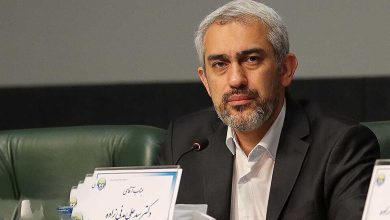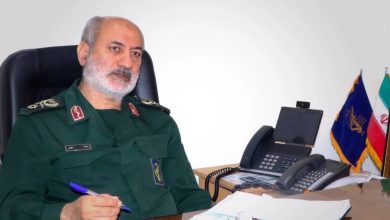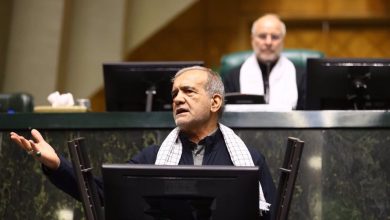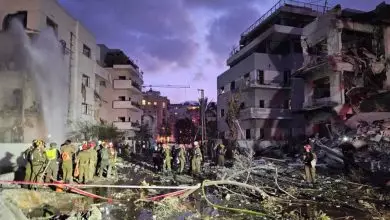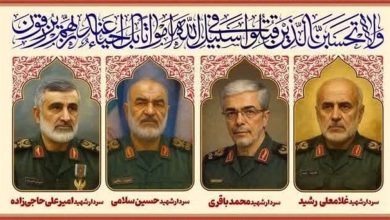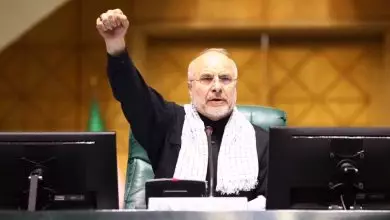Iran initiated the operation of advanced centrifuges as a countermeasure to unjust resolution by IAEA
Iran has denounced a resolution passed by the United Nations nuclear watchdog, labeling it as "unjustifiable" in relation to its peaceful nuclear activities. In response to the resolution, Iran has announced the activation of advanced centrifuges.
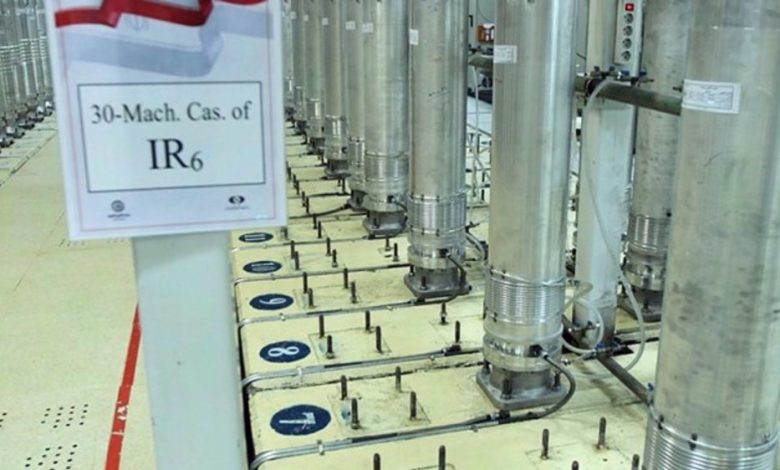
In a joint statement issued on Friday, the Iranian Foreign Ministry and the Atomic Energy Organization of Iran (AEOI) announced that directives have been given to commence operations involving a significant number of advanced centrifuges across various models.
Officials have stated that the recently implemented measure, aimed at protecting Iran’s national interests and meeting the increasing demands of its civilian nuclear program, adheres to the framework of the country’s rights and responsibilities as outlined in the Comprehensive Safeguards Agreement.
In the aftermath of a recent vote by the Board of Governors of the International Atomic Energy Agency (IAEA), a joint statement has been issued. The board voted 19 to 3, with 12 members abstaining, in favor of a resolution criticizing Tehran for insufficient cooperation with the agency. The resolution also calls for a “comprehensive” report detailing Iran’s nuclear activities to be submitted no later than spring 2025.
According to the statement, a “non-consensus” motion was passed due to the “pressure and insistence” of the United Kingdom, France, Germany, and the United States, despite lacking the backing of nearly half of the 35-member Board of Governors.
The aforementioned states have put forward a resolution deemed “politically motivated” against the Islamic Republic, instead of promoting the constructive environment achieved during the recent visit to Tehran by IAEA Director General Rafael Grossi.
A statement issued on Friday criticized the actions of three European nations and the United States, accusing them of a pattern of failing to uphold commitments, notably those under the Joint Comprehensive Plan of Action (JCPOA). The statement further condemned the imposition of what it described as illegal sanctions and pressures on Iran, characterizing these moves as both confrontational and lacking justification.
The recent measure, deemed politicized and detrimental, is seen as undermining the progress made between Iran and the International Atomic Energy Agency (IAEA). It starkly contrasts the declared commitment of three European countries and the United States to uphold the IAEA’s integrity and impartiality. Critics argue that this move exposes the use of the nuclear issue as a pretext for pursuing ulterior motives.
Iran has reiterated its commitment to maintaining its cooperation with the International Atomic Energy Agency (IAEA), adhering stringently to the terms outlined in the Safeguards Agreement.
Iran reiterated its unwavering commitment to maintaining constructive engagement with the International Atomic Energy Agency (IAEA), aligning its actions with the rights and responsibilities outlined in the Non-Proliferation Treaty (NPT) and the Comprehensive Safeguards Agreement.
In a statement to Press TV following the vote, Mohsen Naziri Asl, Iran’s permanent representative to the United Nations office in Vienna, expressed disappointment, noting that the resolution was adopted despite what he described as “promising assurances” provided by Rafael Grossi during his recent visit to Tehran.
On Wednesday, Rafael Grossi announced that Iran has consented to limit its reserves of uranium enriched up to 60% and to permit the entry of additional inspectors required by the agency. Grossi characterized this development as “a concrete step in the right direction,” indicating concerns that a resolution might jeopardize the advancements made.
Naziri Asl emphasized that the resolution fails to address the commitments and roadmap previously agreed upon with the Director General. He underscored that their response would align with their legitimate rights.
Iran has previously cautioned that any resolution targeting its peaceful nuclear program would prompt an immediate reaction.
In 2015, Iran demonstrated the non-aggressive intentions of its nuclear agenda by entering into the Joint Comprehensive Plan of Action (JCPOA), a landmark agreement reached with six major global powers.
The future of the Iran nuclear deal remains uncertain following the United States’ decision in 2018 to unilaterally withdraw from the agreement and reapply sanctions on Tehran.
In 2019, Iran began to reverse its compliance with the restrictions it had agreed to under the Joint Comprehensive Plan of Action (JCPOA) due to the perceived failure of other signatories to fulfill their obligations under the accord.


